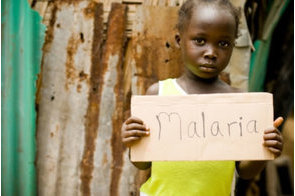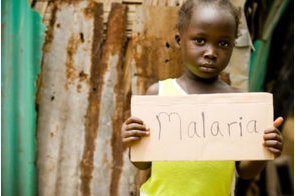Latest News
New study advocates funding for universal access to essential medicine

News Highlight
- The Lancet highlights the problem of poor medicine quality that many poor countries face.
A new study published in The Lancet, a leading peer-reviewed medical journal, has highlighted the challenge of high cost of essential medicine and poor quality of drugs faced by many low- and middle-income countries. The report, published on Monday, shows that poorer households in low- and middle-income countries spend as much as 9.5 per cent of their income on medicines, compared to 3.5 per cent of the income of poorer households in rich countries that is spent on medicines.
"Recent estimates suggest that the average total spend on medicines in low-income countries is $8.6 per person per year," said The Lancet. Much of this expenditure comes from household budgets, rather than from the government.
The journal said there is an urgent need for additional financing to meet basic health-care needs. The report said an investment of just $1-2 per person per month could give people in low- and middle-income countries access to a basket of 201 essential medicines. A basket of essential medicines includes pain killers such as morphine; drugs against infectious diseases such as tuberculosis, HIV or malaria; treatments for chronic conditions such as cancer or diabetes; as well as vaccines and contraceptives.
Tagged, “The Lancet Commission on Essential Medicines,” the report highlights "massive inequities and inefficiencies" in financing and governance frameworks between countries, a situation that is hampering access to drugs for many people. The team of 21 international experts estimated the cost of access to a basket of essential medicines at between $77.4 billion and $151.9 billion per year – the equivalent of $12.9-25.4 per person.
The publication made recommendations to governments, NGOs, health institutions, medicines regulatory agencies and the pharmaceutical industry. One recommendation is to make medicine cheaper. The group of experts argued for a rehaul of the system of drug development. Currently, patents and profits are the main drivers of innovation – leaving basic, essential medicines by the wayside, the report said.
"Every available regulatory and management intervention that could improve the affordability of medicines must be considered," the Lancet report said on Monday. "No option should be regarded as off the table for political reasons. For example, removing taxes and tariffs is well within the power of governments, even if it might be unpopular with certain stakeholders."
The recommendations also include pricing interventions and applying policies favouring the use of cheaper generic drug versions.
The Lancet highlights the problem of poor medicine quality that many poor countries face. In 2013, sub-standard malaria medicines were estimated to have killed 120,000 children in sub-Saharan Africa. According to the Lancet, sometimes it is a matter of negligence, sometimes "dishonest practices."
Related News
Latest Blogs
- How far Nigeria’s maritime has come
- The curious case of Nigeria’s bans
- Why Africa will be missing on ‘Globalisation 3.0’
- The Nigerian high-interest-rate trap
- How Tinubu is ensuring equitable access to public services
Most Popular News
- Artificial intelligence can help to reduce youth unemployment in Africa – ...
- Dual conference in Cairo promotes innovation and asset integrity in Africa
- User account leaks fall in Nigeria, globally
- Finnfund issues EUR 200 mn multi-tranche green and sustainable bonds
- News analysis: The US-China trade war, was it all just a bad dream?
- AWIEF 2025 mobilising stakeholders to recommit to gender equity









